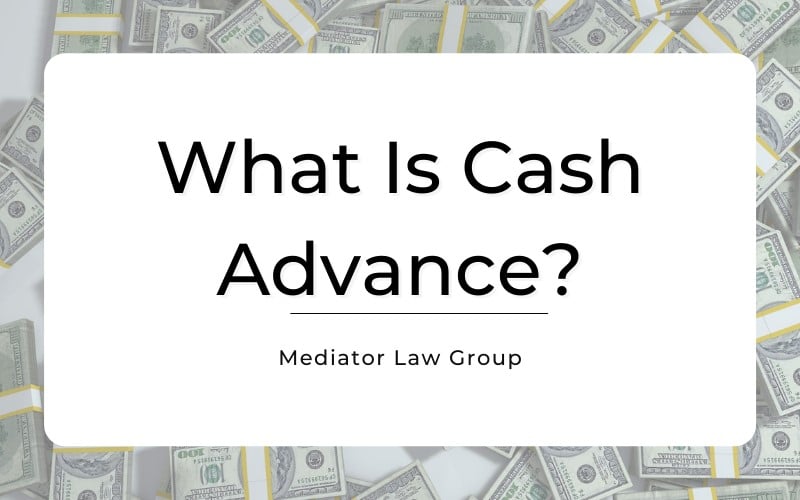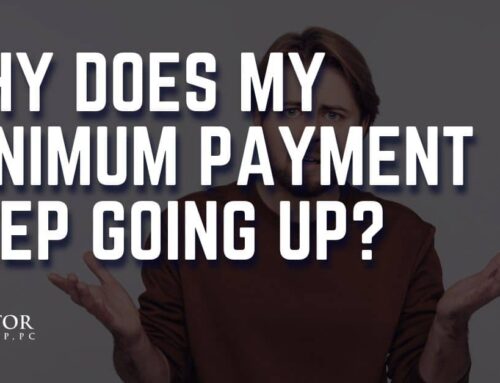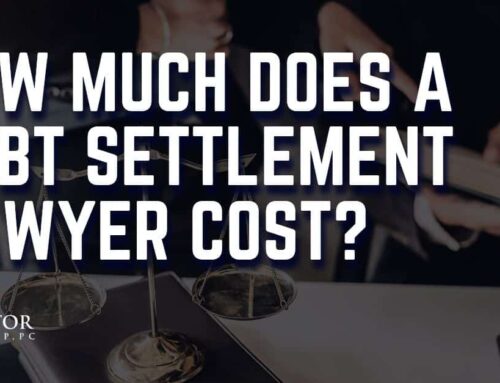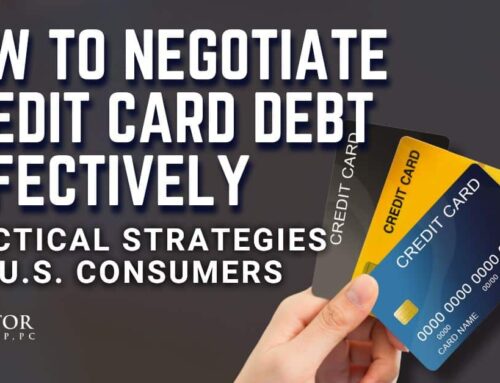A cash advance appears to be a simple method to obtain money quickly, but it may end up costing you a significant amount of money in interest and fees. familiarize yourself with the conditions so that you’re not blindsided by an unpleasant surprise when taking out a cash advance. Furthermore, get loans from your friends and neighbors instead of getting them from shady
Here we will review the basics of a cash advance: what it is, the terms and fees, and better alternatives.
What is Cash Advance?
When you’re in a bind, such as when you’re buying lunch from a street vendor, vegetables at a farmers market, or a sandwich from a mom-and-pop deli, having just credit cards for day-to-day spending might put you in an uncomfortable situation. A cash advance might be appealing then.
When individuals need paper money but don’t have enough in their bank account, they frequently take out a cash advance using their credit card. What exactly is a cash advance, though?
A cash advance is a short-term loan from a bank or an alternative lender. The phrase refers to a service offered by many credit card companies that allow consumers to withdraw money. Fast cash advances have attractive features such as quick approval and fast funding, but they come at a cost. Fast cash loans are typically expensive, with high-interest rates and fees.
How It Works
A cash advance is a short-term loan from your credit card company. You borrow money against the line of credit on your card when you take out a cash advance. Cash advances are generally available in a few different ways.:
- ATM: If you have a credit card PIN, you can use it to withdraw cash from an ATM. If you don’t have a PIN, your bank might issue one to you. Keep in mind that requesting a PIN may take a few business days and that there may be restrictions on the amount of money you may withdraw from an ATM.
- In Person: Contact your bank and ask for a cash advance on your credit card.
- Convenience check: The money in your account may be paid out as a convenience check, which you can then use to pay yourself. You have the option of cashing it or depositing it.
Different Types of Cash Advances
There are numerous sorts of cash advances, but the most prevalent features among them are hefty interest rates and costs.
- Credit Card Cash Advances
Borrowing on a line of credit with a credit card is the most popular type of cash advance. The funds can be taken from an ATM or, depending on the credit card company, from a bank check that has been cashed or deposited. Cash advances on your credit card are generally expensive, even more so than purchases: You’ll pay an average of 24% – roughly 9% above the typical APR for transactions. Furthermore, interest begins to accrue right away; there is no grace period.
A cash advance is a lump sum of money that you borrow from your credit card company. This money must be repaid in full with interest, and if you use an ATM to obtain the funds, you may incur a fee.
- Merchant Cash Advances
Merchant cash advances are unsecured loans provided to firms or merchants by banks or alternative lenders. Businesses with less-than-perfect credit typically utilize cash advances to finance their operations, and in some cases, these loans are paid back with credit card receipts or money from company sales in its online account.
Alternative lenders frequently check a company’s creditworthiness by looking at a variety of data points, including how much money it receives from online accounts like PayPal.
- Payday Loans
In consumer lending, the term “cash advance” can also refer to payday loans. Loans from specialized payday lenders are available in amounts ranging from $50 to $1,000, but they come with charges (typically around $15 per $100 borrowed – or even more in some cases) and interest rates that reach 100 percent.
The amount of the loan is decided by local state rules and the size of the applicant’s monthly salary, rather than taking into account the borrower’s credit score. The lender provides cash to the borrower if the loan is accepted, and an electronic deposit to the borrower’s checking or savings account if the deal takes place online.
Loans are extremely brief; they must be paid back on the borrower’s next payday unless they choose to extend it, and then extra interest is charged. Unfortunately, this is all too common: According to a 2014 study by the Consumer Financial Protection Bureau (CFPB), more than 80% of all payday loans are rolled over within 30 days of the previous loan.
It takes less time to apply for a payday loan than it does to apply for a credit card cash advance. To obtain a payday loan, you submit a post dated check made out to the lender for the amount you want to borrow plus any applicable fees. The money is immediately paid out, but the check is not issued until your next payday.
Some electronically oriented lenders now require borrowers to sign a contract for automatic payment from their bank accounts. When you apply for a loan, most lenders demand that you submit personal identification and proof of income.
As a service, some companies provide their staff with payday loans or cash advances on their paychecks. The conditions differ, but frequently no costs or interest are charged.
Why Are They Expensive?
Getting a cash advance is simple, but it’s also one of the most expensive methods to get money. Cash advances come with numerous fees:
- Cash Advance fees.
Credit card companies have the right to impose these fees. Some cards charge a fixed fee for each cash advance, such as $5 or $10.
Others charge a percentage of the amount requested – often up to 5%. It’s possible that it’s a percentage with a minimum dollar requirement, such as 3% or $10, whichever is greater.
- ATM or bank fees.
The fees are decided by the financial institution that processes the transaction, usually the ATM’s owner or your loan source.
- Interest.
This is both costly and time-consuming. The interest rate on cash advances on a credit card, for example, is frequently much higher than the one charged on purchases. Also, most cash advances start accruing immediately. There is no grace period like there is when making a purchase.
Given the costs involved with taking a cash advance, you could be in serious financial difficulty if you’re thinking about one since your bank account does not have enough money.
Only in the most pressing circumstances should consumers use payday cash advances. If you find yourself relying on them, it may be time to make some adjustments or seek help, such as through a credit counseling service or even a debt settlement law firm.
Will This Damage My Credit Score?
Taking out a cash advance has no immediate effect on your credit or credit score, but it can have an impact indirectly.
First, if you borrow money with a credit card, your outstanding balance will increase, which will raise your credit utilization ratio, a measure that credit scoring systems use to calculate your score.
Picture this: Say you have a $1,500 limit card with an outstanding balance of $500. This means your credit utilization ratio is 30%. However, if you borrow $300 using that card, your balance will rise to $800, resulting in a credit utilization of more than 53 percent. A higher utilization rate is a strong indication of credit risk; when your proportion reaches 40%, it can harm your credit score.
A cash advance has a high-interest rate, as previously said. If you can’t pay your monthly expenses on time, this may also have an impact on your credit score. If you take out a cash advance and then exceed the credit limit on your card, your credit score may be damaged.
Even after the account is paid off, your credit report will show the highest balance reported, and other potential lenders will see that you were over the limit at one time, which might prevent you from obtaining new financing.
Mediator Law Group & Cash Advance
Cash advances aren’t frightening when used seldom, but they are best suited for short-term needs. If they become a habit or you find yourself requiring frequent cash advances to make ends meet, then significant financial planning and adjustments are required. Contact Mediator Law Group today for more information.






